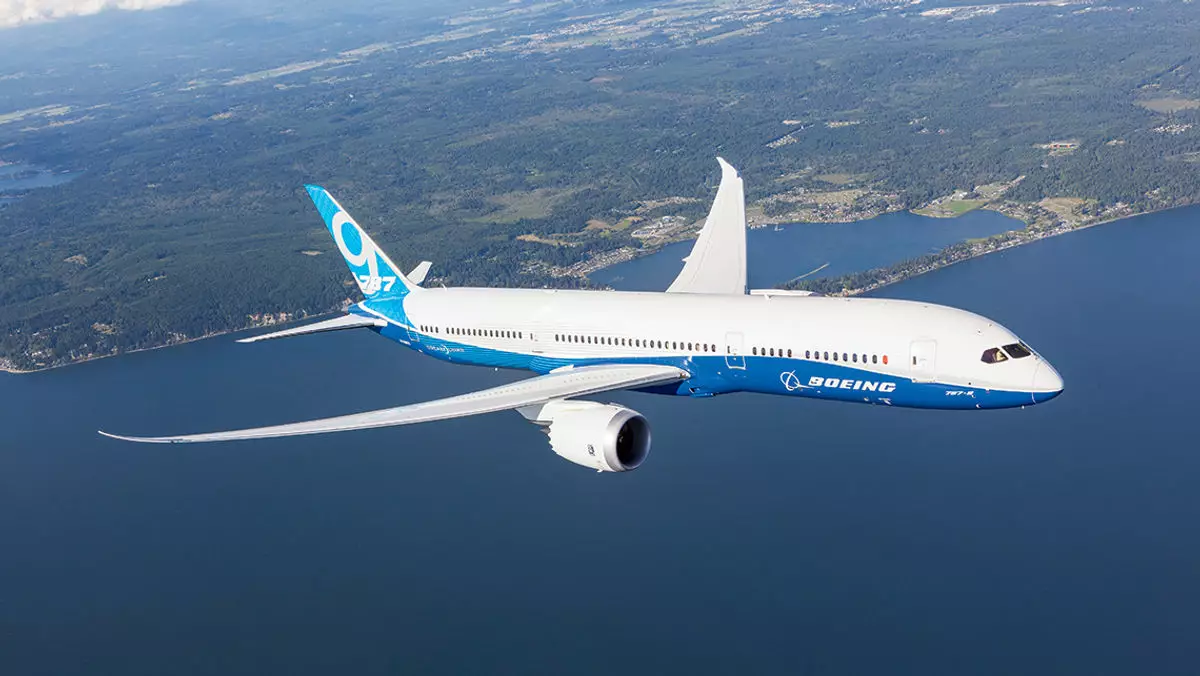Boeing, a troubled aircraft manufacturer, faced a significant setback in April as its orders plummeted while cancellations outnumbered new sales. The company reported receiving orders for only seven planes, a stark contrast to the canceled sales of 33 planes. This decrease in orders, particularly due to the shutdown of Lynx Air, a Canadian discount airline, has raised concerns about Boeing’s future in the aviation industry.
Furthermore, Boeing’s deliveries in April were low, with only 24 new jetliners reaching customers. This places Boeing even further behind its European rival, Airbus, which has delivered 203 commercial planes in the first four months of the year compared to Boeing’s 107. Delivery delays not only impact revenue but also indicate underlying issues in production and manufacturing processes at Boeing.
One of Boeing’s key challenges has been the production of the 737 Max jets, which has been restricted by the Federal Aviation Administration (FAA) in response to safety concerns. The decision to limit production was made following an incident where a door plug blew out of an Alaska Airlines 737 Max shortly after takeoff, raising serious safety alarms. These limitations on production have added to Boeing’s woes, as it attempts to enhance its manufacturing standards and regain trust in the industry.
The crisis facing Boeing has been exacerbated by accusations of safety shortcuts made by current and former employees, leading to investigations by the FAA, the National Transportation Safety Board, and the Justice Department. These allegations have further tarnished Boeing’s reputation and raised questions about the company’s commitment to safety and quality control.
Despite the challenges, Boeing managed to achieve a significant milestone in April by delivering its 1,500th 737 Max aircraft to Ireland’s Ryanair. While this achievement is commendable, it does little to alleviate the mounting pressures on Boeing to address its production delays, safety concerns, and image crisis.
Looking ahead, Boeing faces an uphill battle to regain its footing in the aviation industry. The company must prioritize safety, transparency, and accountability to rebuild trust with regulators, customers, and the public. Addressing production issues, improving quality control measures, and fostering a culture of safety will be essential for Boeing to navigate through these challenging times and emerge stronger in the future.

